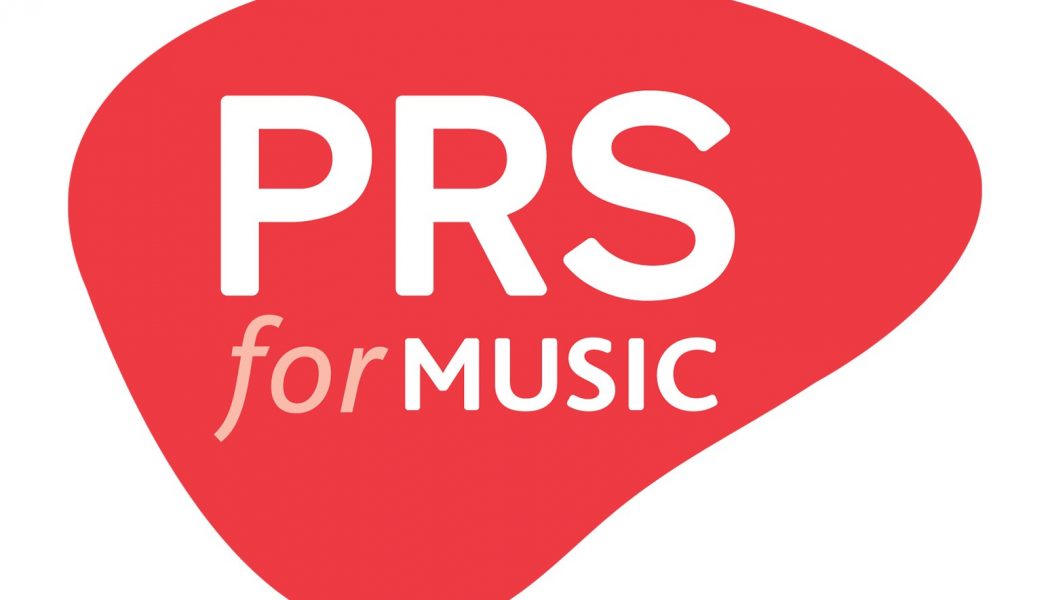
The collecting society, which represents more than 10 million musical works and has 155,000 members, says that a projected rise in online royalty income won’t be enough to offset the loss of public performance distributions, which PRS expects to fall by at least 10% in 2021.
Much of the £699 million PRS distributed in 2020 — an increase of 2% over 2019 — came from royalties collected pre-pandemic, meaning the dramatic fall in income will be felt hardest by its members in 2021 and beyond, PRS for Music CEO Andrea Czapary Martin tells Billboard.
“It has been a tough time and it will be a tough time again this year,” says Martin. “Our revenues will go up this year, but not back to the levels of 2019.”
Globally, performance rights revenues fell by 10.1% to $2.3 billion in 2020 as a result of the pandemic, halting more than a decade of continuous growth, according to IFPI’s “Global Music Report 2021.”
Of the £11 million ($15 million) PRS collected from live performances last year, the majority related to U.K. concerts and tours from the likes of The 1975, Stereophonics and Madonna in late 2019/early 2020 — before Covid-19 brought live entertainment to a sudden stop, PRS says.
International receipts collected through reciprocal agreements with other societies continue to generate most of PRS’ revenue, but that income stream also dipped by almost 11% on a constant currency basis to £249 million ($346 million). A reduction in radio advertising contributed to a 2.6% decline in broadcast revenues, which totaled £127 million ($176 million).
The one area of growth for PRS was in online collections, which were up 5% year-on-year to £188 million ($261 million) on the back of increased demand for on-demand TV and film services like Netflix and Amazon Prime. Music streaming royalties contributed the lion’s share of online receipts, rising 2% to £158 million ($219 million).
PRS said the rise in streaming revenue resulted from a “significant” new license agreement, “partly offset by a lower value of prior period royalties and the removal of advances on an existing key license.” Excluding one-offs, underlying streaming revenue growth was 8%, the organization says.
In 2020, PRS struck license deals with more than 30 new digital platforms, including TikTok and Triller. Royalties from those services will only start to be paid out to members this year and are not included in the 2020 annual figures. PRS says a sharp rise in livestream concerts as a result of the pandemic, and growth in online gaming platforms, will create additional new revenue streams over the next 12 months.
To date, the PRS Emergency Relief Fund, which was launched last March, has paid out £2.2 million ($3 million) in 5,500 grants to songwriters and composers facing financial hardship. The average payout was £400 ($555).
Martin says she’s hopeful that the U.K. live sector will fully reopen from June 21, as per the government’s roadmap, providing a much-needed boost to the industry. “If that doesn’t happen,” she says, “our predictions [of a 10% fall] are going to be significantly worse.”










